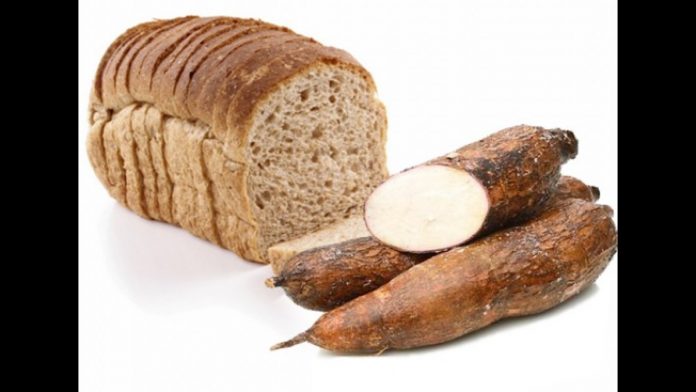News in Brief:
– Nigeria’s cassava farmers’ association estimates the country loses over $200 million annually due to the abandonment of a policy that aimed to incorporate cassava flour into bread production.
– Reviving this initiative, they argue, could reduce the import bill and boost the domestic cassava sector.
The Nigerian Cassava Growers Association (NCGA) estimates that the country loses over $200 million annually due to the failure of the cassava bread initiative.
The project, launched in 2012 under the former Ministry of Agriculture, aimed to gradually replace wheat flour with cassava flour in bread production. This was intended to save foreign exchange on wheat imports. However, the program stalled upon exit from office of the minister.
The association argues that reviving the initiative, with a target of incorporating 10% cassava flour initially, could significantly reduce the import bill and boost the cassava sector. They noted with dismay the fact that Nigeria, despite being the world’s largest cassava producer, generates far less revenue from the crop compared to other major producers like China.
Meantime, the farmers’ body claims to be developing a plan to address the challenges faced by the cassava bread initiative. It is also urging the government to implement supportive policies to promote domestic cassava production and utilisation.
This initiative, if revived and successful, could offer a dual benefit: reducing reliance on foreign imports and fostering economic growth in the cassava sector.
For context, durum wheat was the third most imported product in Nigeria between July and September 2023. It accounted for 3.92% of total imports during the period and was worth about â¦331.76 billion.



